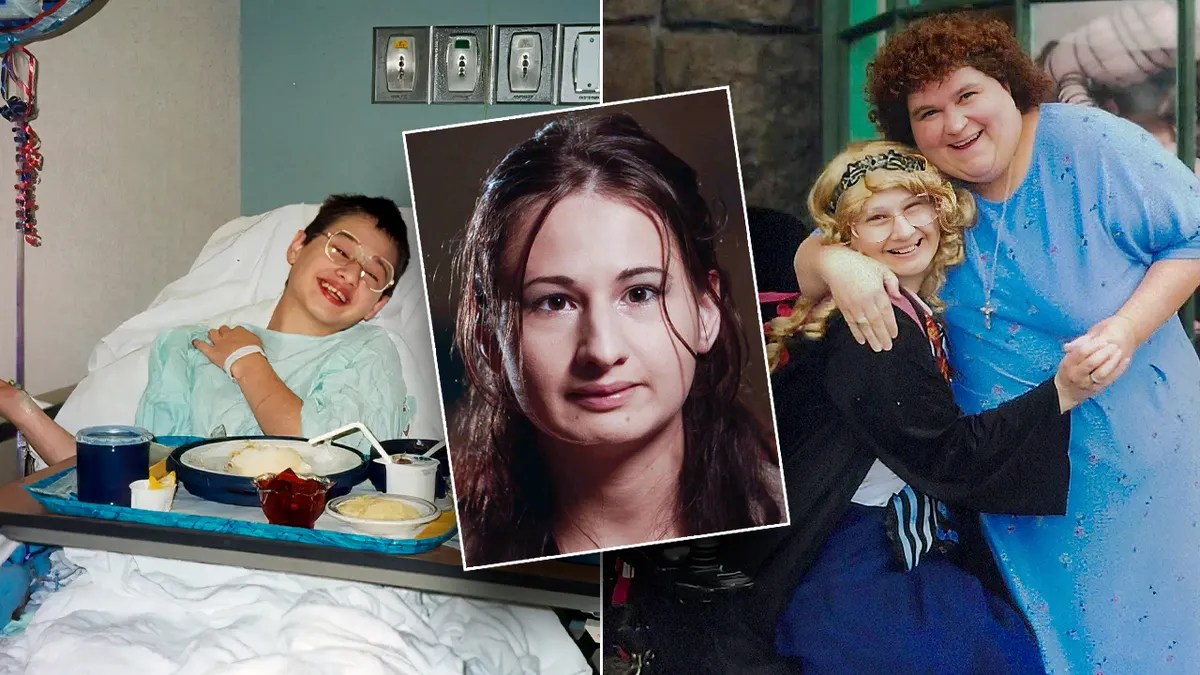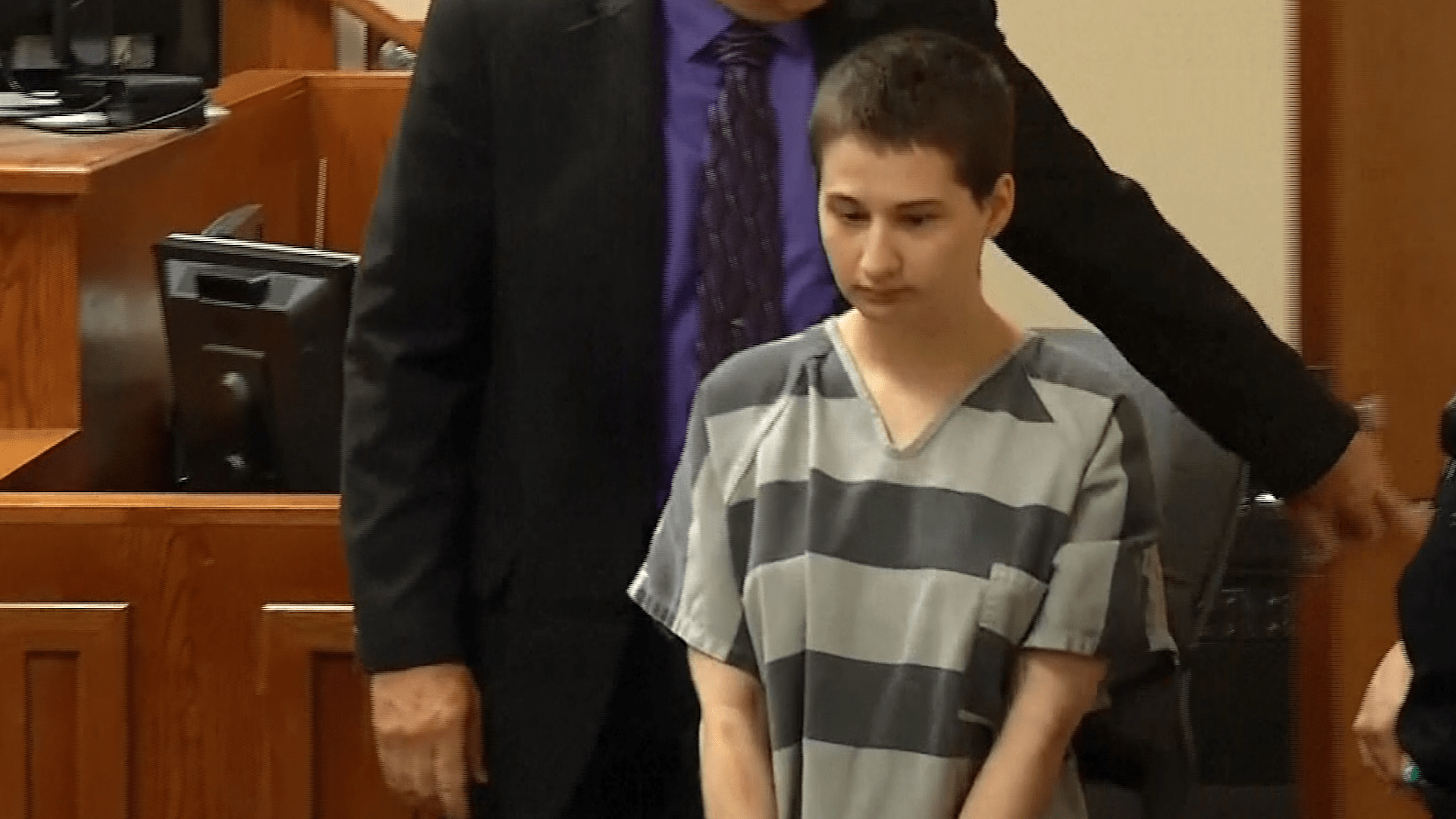Gypsy Rose's Mother Crime Scene Photos
The tragic story of Gypsy Rose Blanchard and her mother, Dee Dee Blanchard, has captivated and horrified audiences worldwide. At the center of this chilling tale lies a crime scene that reveals the dark underbelly of a mother-daughter relationship marked by manipulation, deceit, and ultimately, murder. As the investigation unfolded, crime scene photos provided a haunting glimpse into the life they lived, raising questions about the dynamics of their relationship and the psychological complexities that led to such a tragic end.
For many, the crime scene photos serve as a stark reminder of the lengths to which Dee Dee went to maintain control over her daughter, Gypsy. These images not only depict the aftermath of the crime but also symbolize the larger issues of abuse, mental illness, and the struggles faced by those entangled in such toxic relationships. As we delve deeper into this unsettling story, we will explore the implications of these crime scene photos and what they reveal about the lives of Gypsy and Dee Dee.
In this article, we will examine various aspects of the case, including Gypsy Rose’s biography, the crime's context, and the impact of the crime scene photos on public perception. The narrative surrounding Gypsy and Dee Dee is complex, raising important questions about justice, empathy, and the societal responsibility to protect vulnerable individuals.
Who Was Gypsy Rose Blanchard?
Gypsy Rose Blanchard is a name that has become synonymous with a tragic tale of abuse and survival. Born on July 27, 1991, in Baton Rouge, Louisiana, Gypsy was subjected to years of psychological and physical abuse by her mother, Dee Dee Blanchard. Dee Dee, who claimed Gypsy suffered from numerous health issues, was later found to have fabricated many of these illnesses to gain sympathy and financial support.
| Personal Details | Bio Data |
|---|---|
| Name | Gypsy Rose Blanchard |
| Date of Birth | July 27, 1991 |
| Place of Birth | Baton Rouge, Louisiana |
| Mother's Name | Dee Dee Blanchard |
| Current Status | Incarcerated, serving a 10-year sentence |
What Led to the Crime?
The relationship between Gypsy and Dee Dee Blanchard was fraught with manipulation and deceit. Dee Dee portrayed Gypsy as a severely ill child, subjecting her to unnecessary medical treatments and surgeries. This behavior, known as Munchausen syndrome by proxy, ultimately culminated in a tragic turn of events when Gypsy, feeling trapped and desperate, conspired to murder her mother with the help of her then-boyfriend.
The crime scene photos capture the aftermath of this shocking event, revealing not only the physical location where the crime took place but also the emotional weight carried by those involved. They evoke a sense of horror and sadness, forcing viewers to confront the reality of Gypsy's life under her mother's oppressive control.
How Did the Crime Scene Photos Impact Public Perception?
Crime scene photos often evoke a visceral reaction from the public, and the images associated with Gypsy Rose's case were no exception. They sparked a media frenzy, leading to widespread discussions about child abuse, mental illness, and the complexities of parental relationships. The photos served as a visual representation of the horrors that Gypsy endured, creating a narrative that garnered sympathy for her plight.
Additionally, the sensational nature of the case led to a myriad of documentaries and articles, further shaping public understanding of the situation. The juxtaposition of Gypsy's tragic life and the crime committed against her mother prompted many to consider the broader implications of such cases, particularly in terms of societal responsibility to protect vulnerable individuals.
What Are the Legal Ramifications of the Case?
Gypsy Rose Blanchard's case raised significant legal questions about culpability and justice. After the murder of Dee Dee Blanchard, Gypsy was arrested and charged with second-degree murder. However, her defense argued that she was a victim of long-term abuse and manipulation, leading her to commit the crime out of desperation.
Ultimately, Gypsy accepted a plea deal and was sentenced to 10 years in prison, a decision that sparked a range of opinions on justice and rehabilitation. Many supporters argue that her sentence was too harsh given the circumstances, while others believe that accountability must be served, regardless of the victim's background.
What Do the Crime Scene Photos Reveal About Gypsy’s Life?
The crime scene photos are not just documentation of a tragic event; they serve as a window into Gypsy's life and the oppressive environment created by her mother. These images depict a chaotic scene that reveals the emotional turmoil present in their home. They highlight the stark contrast between the facade Dee Dee maintained and the reality of Gypsy's existence.
- Isolation: The photos reflect Gypsy's isolation from the outside world, a key factor in her manipulation.
- Desperation: They capture the desperation that led Gypsy to take such drastic measures.
- Control: The images serve as a reminder of the control Dee Dee exerted over Gypsy's life.
How Has Gypsy Rose's Story Influenced Society?
The story of Gypsy Rose Blanchard has had a profound impact on society, shining a light on issues of child abuse, mental illness, and the complexities of familial relationships. It has prompted discussions about the need for better protections for vulnerable individuals and the importance of recognizing the signs of abuse.
Through documentaries, articles, and public discourse, Gypsy's story has resonated with many, leading to increased awareness and advocacy for those who find themselves in similar situations. The crime scene photos, as haunting as they are, serve as a powerful reminder of the real-life implications of these issues.
What Lies Ahead for Gypsy Rose Blanchard?
As Gypsy Rose Blanchard serves her sentence, the future remains uncertain. Many advocates and supporters hope for her eventual release and rehabilitation, as she continues to navigate the complexities of her past. The crime scene photos may forever haunt those who view them, but they also serve as a reminder of the resilience of the human spirit.
Gypsy's journey is far from over, and as society continues to grapple with the implications of her story, it is crucial to remember the importance of compassion and understanding in the face of such tragedies.



ncG1vNJzZmivp6x7s7HBnqOrmZ6YtbjFzmeaqKVfnru0tcahq6xxX5zGsb%2FYZqmoq5Woeq6706Gcq2WTp7ausYysmp6mlWK9qbvTqKpnoKSiuQ%3D%3D